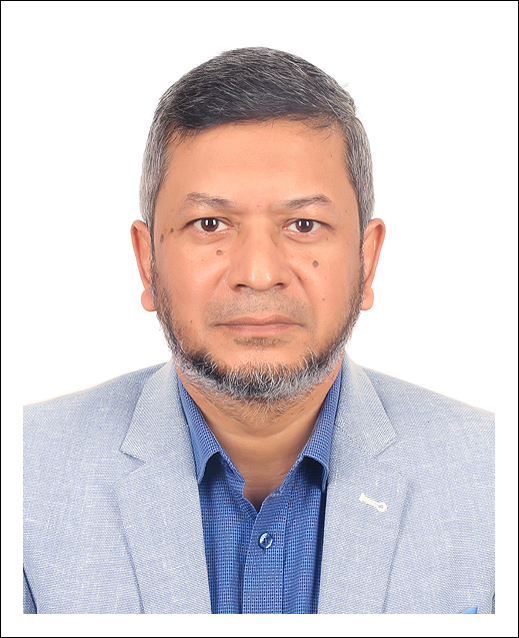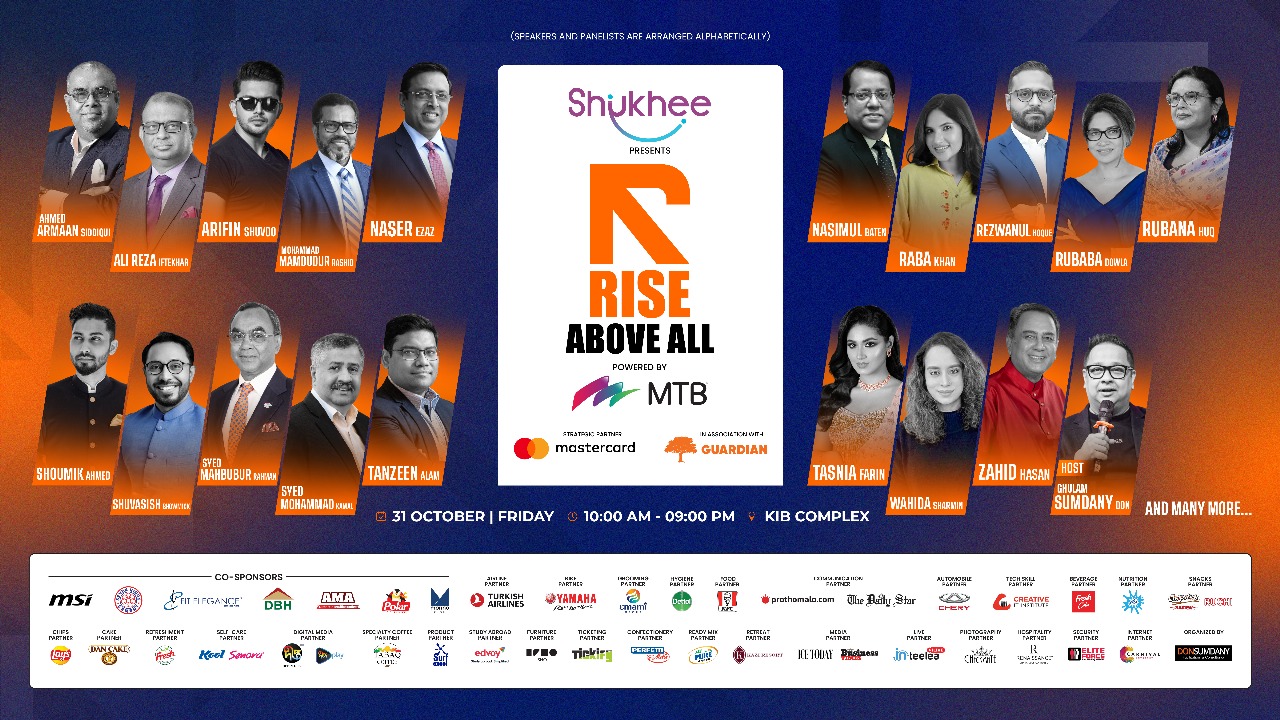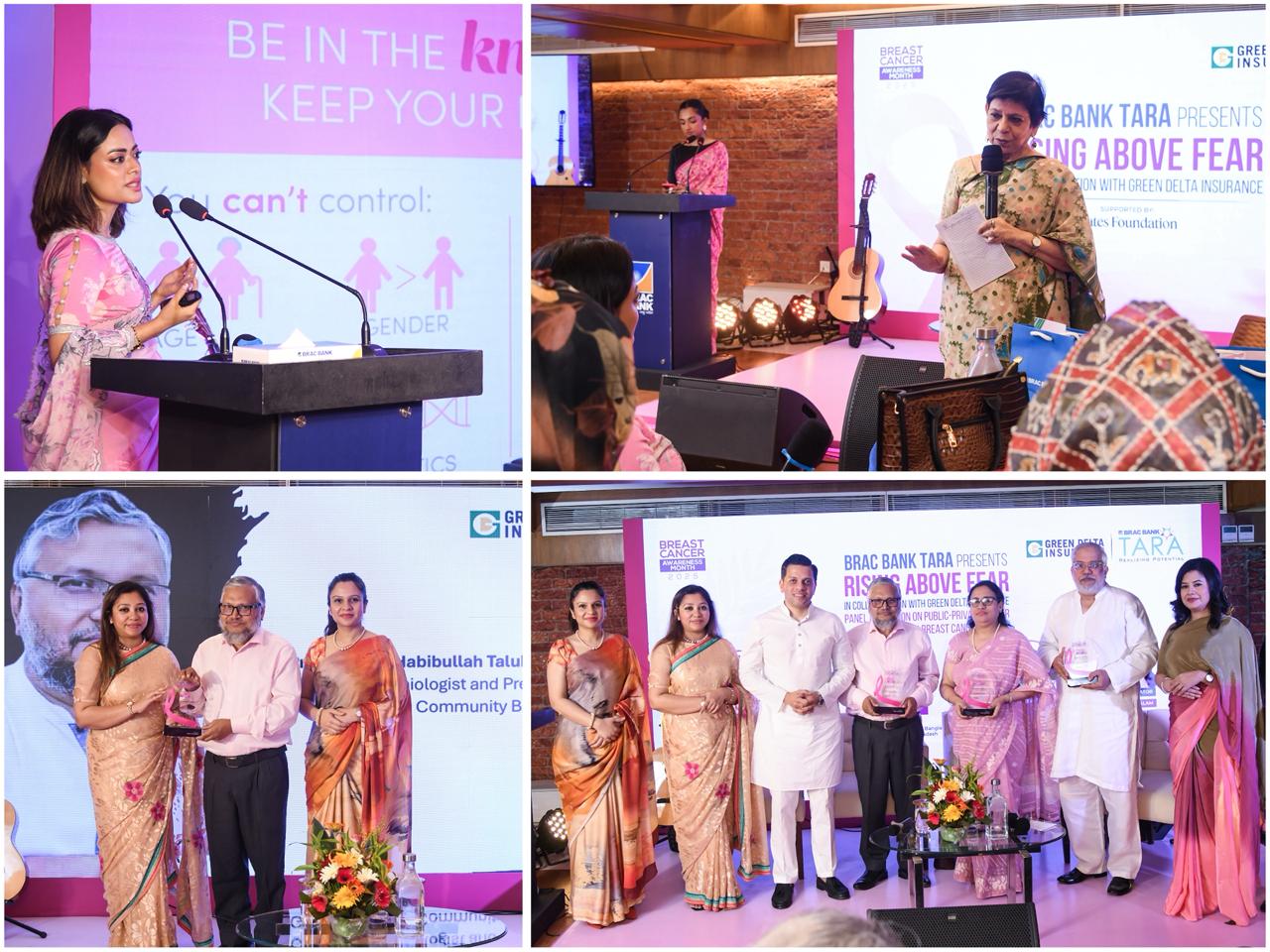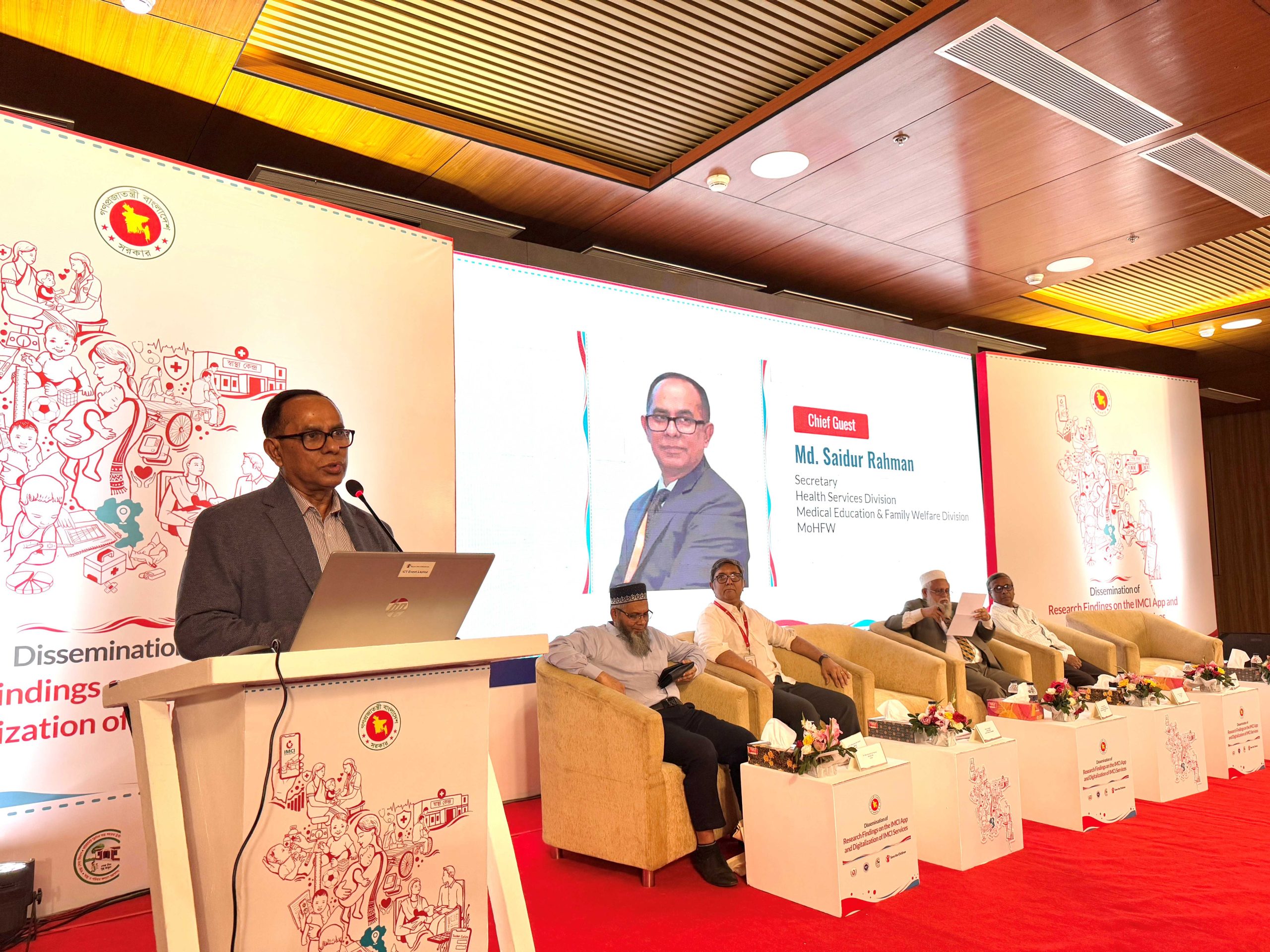Dr. Rubina Husain
Managing Director and Center Head Institute of Hotel Management and Hospitality
Dr. Rubina Husain is the Managing Director of Institute of Hotel Management and Hospitality (IHMH), Vice President of Bangladesh Federation of Women Entrepreneurs (BFWE), Secretary General of Industry Skills Council (ISC) for Tourism and Hospitality Sector, UN Committee Chairman, Zonta International, District 25(Bangladesh, India, Nepal and Sri Lanka).
She obtained her PhD and MPhil in Competency Based Training in Hospitality Sector from the Regents of American World University in collaboration with University of California, Distance Learning USA. She completed her MSS and BSS in International Relations from Dhaka University in 1983 and 1981 respectively.
Rubina is a prolific writer, an ardent researcher, a high and accomplished presenter, A Master Trainer and Industry Assessor from TAFE Australia and Bangladesh Technical Education Board on competency Based Training (CBT). She’s also is a trainer of Support and Improve Your Business (SIYB) Bangladesh in Entrepreneurship Enterprise Development.
“Our government needs to encourage and facilitate organizations (public/ private) based on the Skills and Employment Policy to participate in provision of trainee/placements/ apprenticeship and share responsibilities for preparing trained apprentices at all levels to progress and make Bangladesh a proud nation.”
What are your views on the hospitality industry in our country?
The hospitality industry has been around decades and is one of the fastest growing service industries assisting the country to earn more revenue. The Bangladesh Government has initiated the drive for implementing the district branding and image building of the country through many aspects of development through skills, training, employment and apprenticeship programs to minimize poverty and unemployment. The National Skills Policy (NSDP) was established in 2011 with the initiative of International Labor Organization (ILO) and Bangladesh Government. The need to develop a robust infrastructure whereby policy implementation can be monitored, with good governance of quality assurance measures i.e. ongoing audits, etc. for continuous improvement in service development and professional development (CPD).
Our government needs to encourage and facilitate organizations (public /private) based on the Skills and Employment Policy to participate in provision of trainee/placements/apprenticeship and share responsibilities for preparing trained apprentices at all levels to progress and make Bangladesh a proud nation.
What are the scopes and challenges for you in this industry?
In the hospitality sector, Human Resources (HR) are our biggest asset. The National Skills Development Council (NSDC) and Industry Skills Council (ISC) for Tourism and Hospitality has been working together giving importance to reviewing, monitoring, and implementing training and certification under recognized training organizations registered under Bangladesh Technical Education Board (BTEB). They will work to up-skill and upgrade the HR in this sector, turning smaller skills into employable skills based on units of competencies through competency based training delivery. The scope to reach to the general mass is through training information and country-wise campaigns to enhance the importance of skilling and certification.
However, the barriers are manifold like in any other sector; infrastructure, logistics, up-skilling and language should be prioritized by the government so they turn these challenges into positive changes with innovative ideas for growth and development. Our institute IHMH was established in 2004 representing the private sector, later upgrading the level of certification as Registered Training Organization (RTO) under BTEB based on CBT as a Master Trainer and Industry Assessor, and initiative of ISC for Tourism and Hospitality Sector as Secretary General. The units of competencies on priority occupations was implemented by ISC for Tourism and Hospitality with public, private, industry stakeholders was to focus on fastest growth through training and employment. I believe that in time the challenges will become less of a matter given that the nation’s mindset is changing for the better. For example, previously, being a chef was an occupation that was frowned upon but now individuals are learning to think outside the box. People are becoming more educated and knowledgeable about the value of culinary trade, housekeeping and various other services.
“People from various units of competencies such as food, service, tour guide and housekeeping are not only being trained and certified, they are also obtaining practical knowledge from the industry with apprenticeship programs.”
Can you give us an idea of how the government is pushing growth in the hospitality industry? What initiatives have they taken in this regard? How can the private sector collaborate to bring bigger results?
The Bangladesh Government is pushing the growth of Tourism and Hospitality Sector through campaigns in urban and rural areas with importance given to standardize technical/vocational skills training, technology transfer through web portals, district and image building branding, through private public partnership. As a representative of the private sector and a board member of the Industry Skills Council, I feel proud to see the growth in many aspects through standardized training, apprenticeship and job placements to meet the demands of these sectors. These changes have taken place due to competency and skills policy implemented through National Technical Vocational Qualification Framework (NTVQF) in accordance with the level of education, ability and recognition of prior learning. Furthermore, 6 levels were established, starting with different levels of competency and assessment by certified assessors for the various fields of staffing and management. This is very progressive because it is establishing a standard level of quality throughout the nation. The people from various units of competencies such as food, service, tour guide and housekeeping are not only being trained and certified, they are obtaining practical knowledge from the industry with apprenticeship programs. Our Honorable Prime Minister has given priority focus to skills and employments to combat poverty and unemployment. With that training and employment and apprenticeship are very important in order to retain jobs and make it a sustainable revenue earning service sector. The ISC is planning to train 5,000 people in 5 years timeframe supported by Asian Development Banks Project on Skills and Employment. Similarly we also hope to assist in adding more numbers in top and mid-level management training with support from the relevant industries and align with other government organizations and donors to increase the capacity on trained personnel. The private sector has also taken initiative to implement a 5 year apprenticeship program to place trained HR in different aspects of skilling, grooming, and placement through appropriate job placements.
At the ISC, you are working with various industries. Could you elaborate upon which industries you are currently working with?
When I say the industries, I mean the hotels because tourism is centered around these hotels. Here, human resources are in dire need for training. Amongst the 64 districts, we are focusing on 32-34 districts, division and Upazilla level hotels that are listed in support of this sector. More importantly, for the first time the public and private sectors are joining hands to fill in the gaps, find the requirements, and upscale the task force regarding these matters and fit them into industry standards. Our target is 5,000 skilled employees in 5 years but this is just one project. There are 12 RTOs (in Public /Private Sector) registered under the BTEB to facilitate CBT training modules all over Bangladesh.
Our primary goal is to train 67,000 people in the other 11 sectors in the 5 years’ time frame, by adding value with entrepreneurship enterprise development, with training and certifying through Support and Improve Your Business (SIYB), Bangladesh (with ILO initiative). As a Senior Vice President, I will say that each and every entrepreneur will have the opportunity to train, certify and conduct business through their chosen products and business plan. I represent the Bangladesh Federation of Women Entrepreneurs as the Vice President and coordinating inter-district skilling is much needed. Nowadays, all entrepreneurs have the scope for growth in a formal way. SIYB Bangladesh will train these entrepreneurs to promote their careers at their individual capacity. Then it will teach them about their products, the importance of their product and their environment and clientele. Finally, they will learn through market analysis, how to establish sound business and financial plans. We have already trained 300 aspiring entrepreneurs, most of whom are housewives with small businesses with limited education.
Why is the SYIB program such an essential part of building skills?
The SIYB program is across 100 countries with 370 accredited master trainers, 64,000 trainers, and more than 3,300 affiliated companies which have established themselves in 40 year and in 40 languages. There are over 15 million clients, 4 million start-ups, and 9 million additional jobs that will add value to this service. We have aligned ourselves with SYIB Sri Lanka which was established by ILO, Geneva. We have been training people since last year, and we have trained about 43 trainers into the scheme of master training. There are four levels of entrepreneurship ranging from start-ups on product knowledge, improving knowledge of the product, and finally creating a business plan and implementation for through expanding their businesses. Through SIYB Bangladesh, 43 trainers are already on the field practicing their specialty. We are working on catering to the individual needs of every district in accordance with their capacity at whatever demands and needs through meticulous analysis. On that basis, we are aligning with a few NGO’s and local donor associations focusing on training and employment. For the 1st year we’re targeting 5,000, on the 2nd year we are targeting 10,000 and in 3-4 years’ time, 25,000.
If we consider opportunities for women, what is the next big sector except RMG, for women?
We all know that 50% of women of our country need to be trained at professional levels and find employment to become entrepreneurs. Most of our trainings are women-centric. When topic of the glass ceiling arises, we need to rise above it all and start fresh with a positive drive to place women in all 11 recognized sectors. As women are equal contributors to the overall prosperity of the nation, we have to be more positive towards gender equality and human rights which has to start from the home. All families need to understand what gender parity is all about and stand united for its growth and development. The growing sector for diversification besides RMG are Leather Finished Goods, Farming (fish, cattle vegetables), Handicrafts, Boutiques, Catering, Manufacturing, Beauty Salon, Interior Designer, Training Institutes, etc.
What is the most rewarding part of being a trainer?
Whenever I approach people to train, I feel the passion to train through sharing my stories, giving importance to education/knowledge, self-confidence and dignity of labor. My parents would say that education was their investment on us but my two sisters and I grew up with values and principles that only our parents could instill in us. I, as a trainer accepted all my challenges and knew that I would overcome and think positively for other people’s growth along with mine. I have been practicing positive thinking meditations for more than 14 years. As I am a 4th stage ovarian cancer survivor since 2009, the positive thinking of mind over body has helped me to overcome most of my challenges. Losing my mother at a young age, I was fortunate to have a father who was very progressive, encouraging us to find our own path. He taught us to be happy with the little things; dignity, honor, respect and perseverance cannot be taken away from you. As I started my journey into training, I realized that there was a dire need for training in the hospitality sector. The employee pool was only concerned about getting the job for money and employers would assume that they would learn about the work on the job. When we first advertised hospitality, I was the first woman in private sector to open a training institute in this field. I feel proud to say that I have made a lasting contribution to this sector by being a part of the team of ISC for Tourism and Hospitality that put this sector on the map. What is even more important is that we can look forward to more improvements to come in the near future.
Is the message of providing the skills via the governments and these programs being delivered to the masses?
Training and certification itself is a very new matter. We really need to think of how critical it is for our people to be properly placed on a national and global field. The policies are there with government support. Bangladesh is in the map to become Middle Income country by 2030. Those skilled persons need to be recognized and assessed for the quality services. They need to be skilled and certified with language proficiency to get better remunerations home and abroad as they can act as the brand ambassadors of our country. The stakeholders, industries, private sectors, have taken initiatives with the government bodies to improve and expand for a sustainable end result for appropriate job placements.
What is the state of women’s empowerment in the county?
Luckily enough we represent the Federation, Chambers and Associations for women entrepreneurs along with SME Foundation for the support and growth of women in our community. Representing the Bangladesh Federation of Women Entrepreneurs as the Vice President and Zonta International District 25, as the UN Committee Chairman we are working towards empowering women through service and advocacy and the capacity building through skills and employment. Also following the directive of the UN on Sustainable Development Goal No. 5, i.e. Gender Equality, Violence against Women, Health and Nutrition, Education etc. There are many organizations assisting in contributing to women empowerment. We need every women to be able to stand on their own feet financially independent to be able to have a say in everyday walks of life. With the right education, their self-confidence, knowledge, skills and attitude will assist in each other’s growth to understand that men and women need to co-exist and work hand in hand with an understanding of respect, dignity, and honor. On behalf of SIYB Bangladesh (Senior Vice President) we train entrepreneurs to expand their business horizon through business plans. The women mostly work from the house. They know the profit and how to obtain it but they need to know how to do it according to a template of a business plan in order to gradually expand their businesses. They will learn through mistakes and eventually grow through taking risks. The most important aspect that needs to be improved is education, skills recognition and support in order to empower women in our country.















